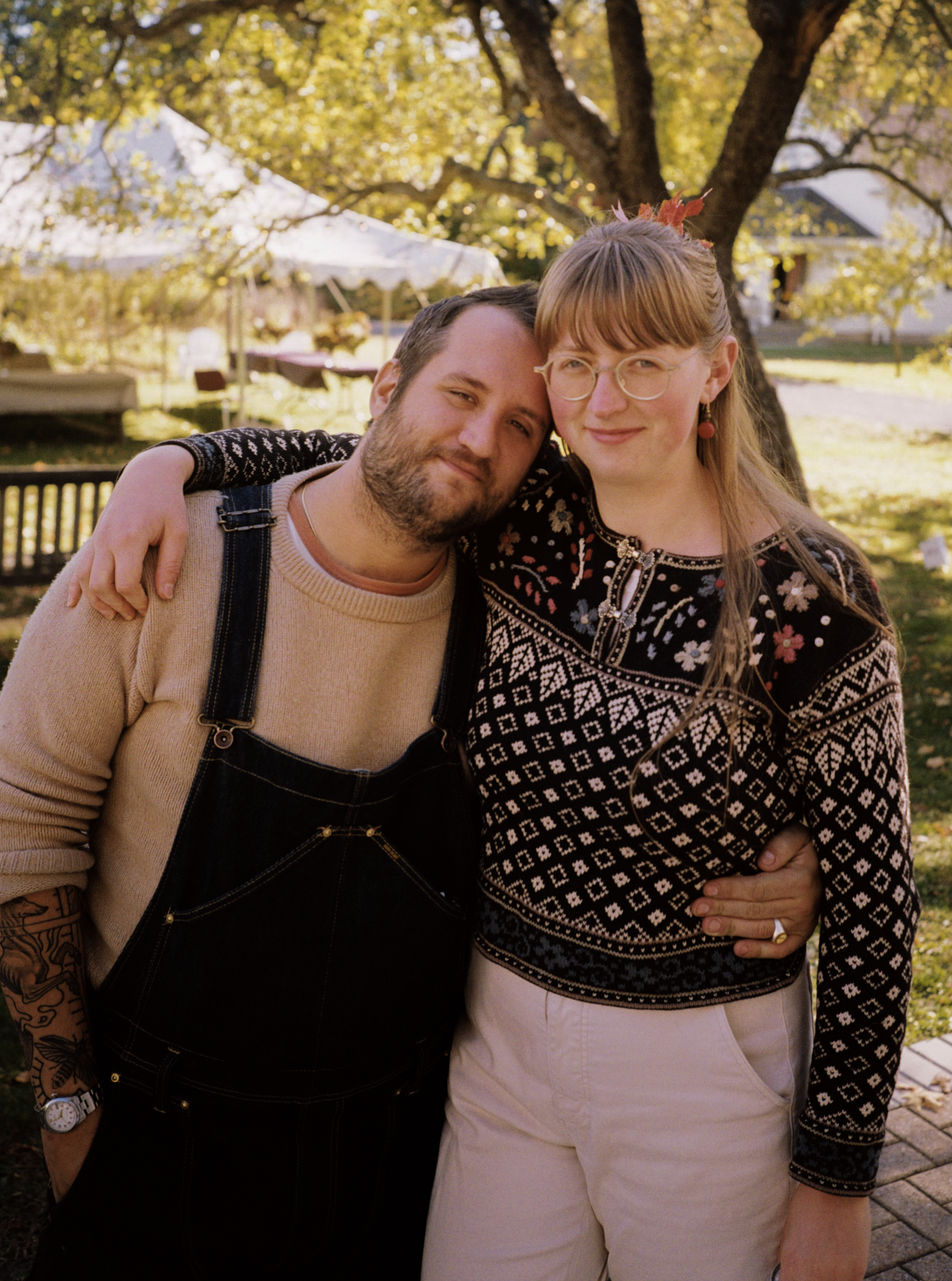How The Hell Does Inheritance Work Without Liquidity?

The conclusion that we came to is that if you want a place to exist across generations, giving the whole lot to the first born child is essentially the only option. The rest leads to dissolution, dilution, and a different sort of conflict from the traditional, killing siblings to take on the throne sort.
I believe this is the starting point for why liquidity is so appealing to most (not to me, obviously).
If my legacy is nothing, well, that’s easy. Nobody gets anything.
If my legacy is 10 bags of rice, and I have 3 children, two get three and the one most in need gets four.
If my legacy is a house that I’ve built with my own two hands that can accomodate one family comfortably, I suppose I can get it appraised and give it to the child that wants it most and have them finance the 66.6% owed to their siblings.
If two children want it, well, shit. Maybe I ought to just sell the thing and give them the money, let them build their own houses if they want to be a pain in the neck about it.
I understand the appeal of wanting to avoid such a conflict.
But I also understand the appeal of things that our ancestors have touched.
If I could choose between $100 to go out and buy art with, and a painting done by my mother, I’m choosing the painting done by my mother every time. It’s not even close. If you told me the painting was worth $0.10, or if you told me it was woth $2,000, it wouldn’t change my decision. I wouldn’t sell it so I could go buy something else. There is value in the connection to the piece. This much seems obvious.
Does the same thing apply to houses?
Obviously it does.
A house worth $100,000 that was built by my grandfather is worth more to me than $250,000 to spend on a new house. That math breaks down at a certain point, depending on my own situation and the disparity in cost, and the quality of my grandfather’s house, and it’s location, of course. But apart from those caveats there does seem to be a higher square footage value to something we have memories of and care about.
That value is incidental and unto it self. Just by having been made by my grandfather, it is more important to me than something made by another yahoo. What I’m curious about is how my grandfather could have gone out of his way to make something not only singularly meaningful to him and his family, but also appealing and useful to us.
If we know that things with a connection are more valuable, can we plan for them now and mitigate issues of convenience and value? Can sacrifices and concessions be made to turn something that might have otherwise just been nostalgic into an out and out heirloom?
If you’re going to build a h studio out in the forest...maybe consider building it on your sons property that way his children can enjoy the studio where their grandparent painted rather than whatever they buy with the proceeds recieved from its liquidation.
A painting studio built to be enjoyed by future generations has a beauty and a soul to it far beyond something made for its own earthly ends and pleasure, only to be turned to money and spent on dirt bikes or whatever.
When we build let us think that we build forever.
John Ruskin.